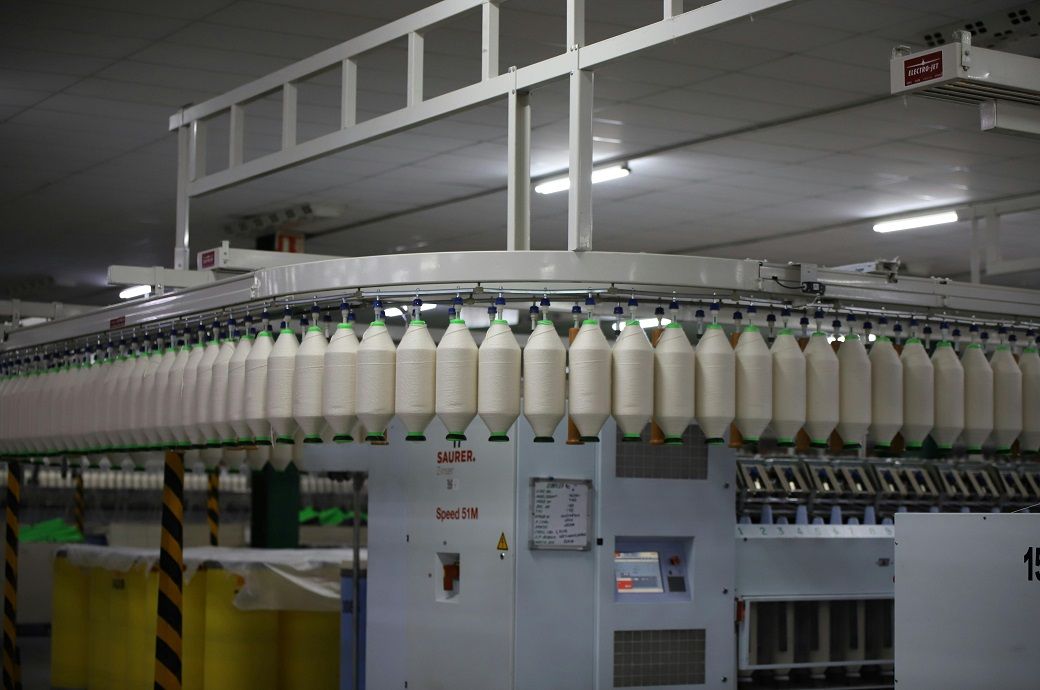
Vietnam’s manufacturing sector returned to growth in July, buoyed by a rebound in domestic demand, even as export weakness persisted due to US-imposed tariffs. The S&P Global Vietnam Manufacturing Purchasing Managers’ Index (PMI) rose sharply to 52.4 in July from 48.9 in June, moving back above the neutral 50 threshold for the first time in four months and marking the strongest improvement in business conditions in nearly a year.
The upturn was driven by renewed growth in new orders, which expanded at the fastest rate since November last year. Companies linked the rise in new business to improving customer demand, though they noted that US tariffs continued to weigh heavily on exports. Overseas orders contracted for a ninth consecutive month.
"July PMI data suggested that the Vietnamese manufacturing sector is getting back on its feet following the disruption caused to operations by the US tariff announcements in recent months. Although tariffs continued to cause reductions in new export orders, firms were able to secure enough business elsewhere that total new orders returned to growth,” said Andrew Harker, economics director at S&P Global Market Intelligence.
Stronger domestic demand supported a marked increase in output, which rose for the third straight month and at the quickest pace in 11 months. This production growth spurred a rebound in purchasing activity, which expanded at its fastest rate since August 2024, S&P Global said in a press release.
However, firms continued to report difficulties sourcing raw materials, especially from overseas suppliers, leading to supplier delivery delays and further depletion of input inventories. Although input buying rose, stocks of purchases declined once again, though the pace of depletion was the slowest since December 2023.
"A key feature of the latest survey was the impact of difficulties sourcing raw materials. Firms linked this to widespread supplier delivery delays, declining stocks of purchases and building cost pressures. If material supplies continue to cause issues in the months ahead then we may see limits to the growth rates that can be achieved by the sector," Harker added.
Employment levels neared stabilisation, as manufacturers responded to higher production needs. Although staffing continued to decline due to existing spare capacity, the rate of job losses was the weakest in nine months. Backlogs of work fell again, extending the current depletion trend to seven months, albeit at the slowest rate during that period.
Input costs rose for the second consecutive month, with the latest increase the steepest seen so far in 2025. Material shortages and rising import costs contributed to the rise in input prices, which in turn prompted manufacturers to raise output charges. Selling prices increased at the fastest pace in seven months, though the rate of inflation remained modest overall.
Business sentiment dipped to a three-month low in July and stayed below the series average. While firms remained hopeful for output growth in the year ahead—citing expectations for more stable economic conditions, new product introductions and recovering demand—concerns around the prolonged impact of US tariffs continued to dampen overall confidence.
ALCHEMPro News Desk (HU)
Receive daily prices and market insights straight to your inbox. Subscribe to AlchemPro Weekly!